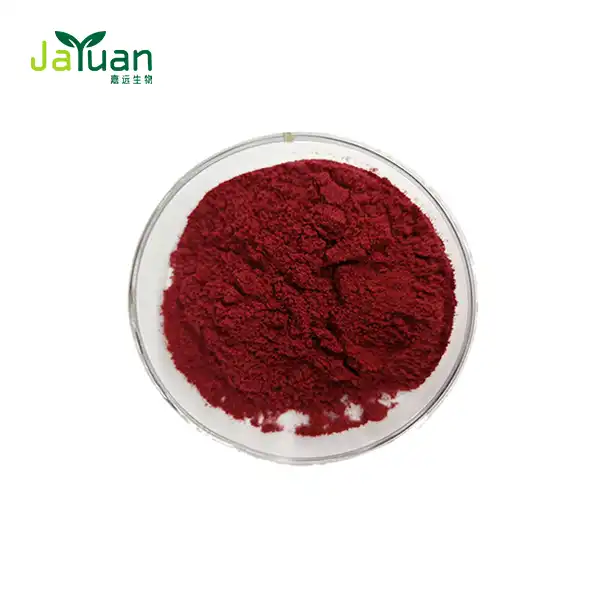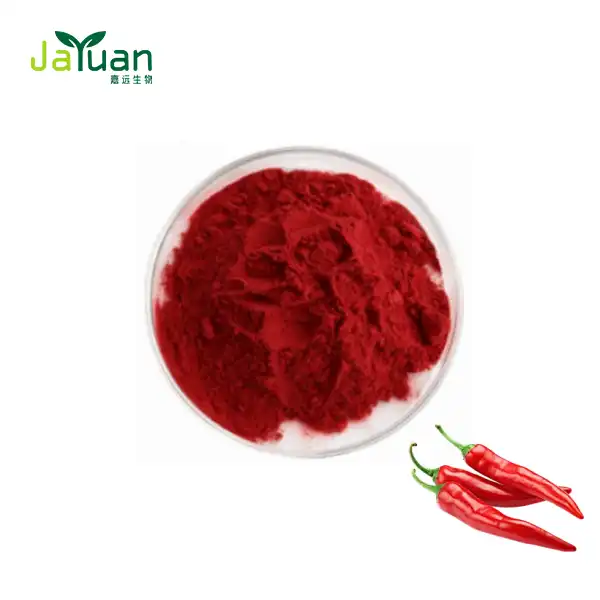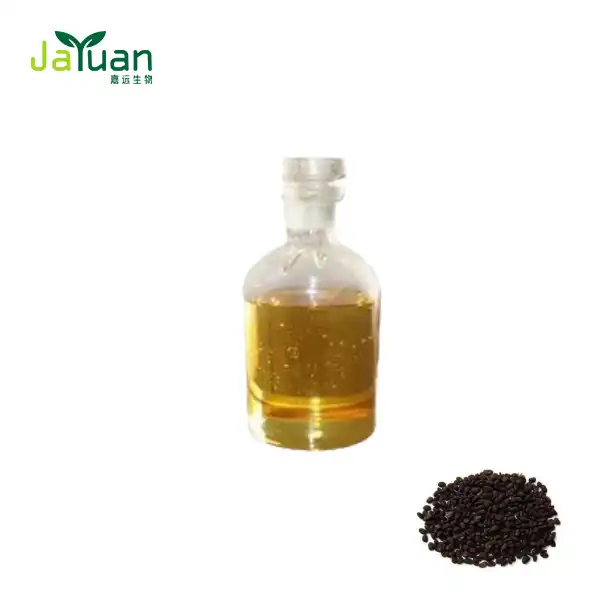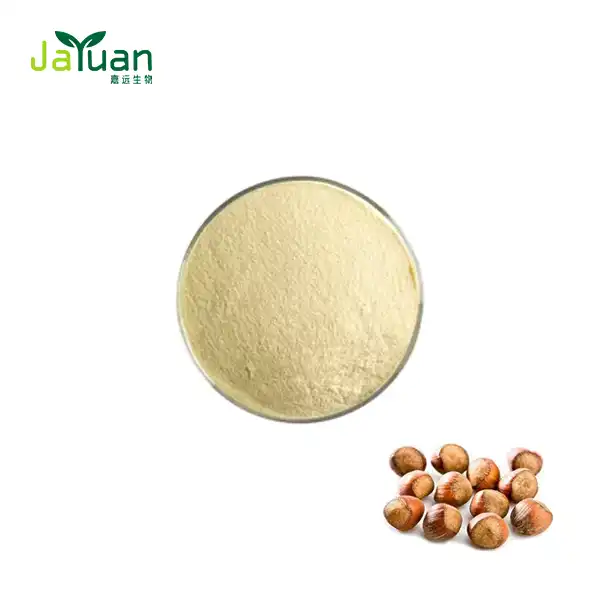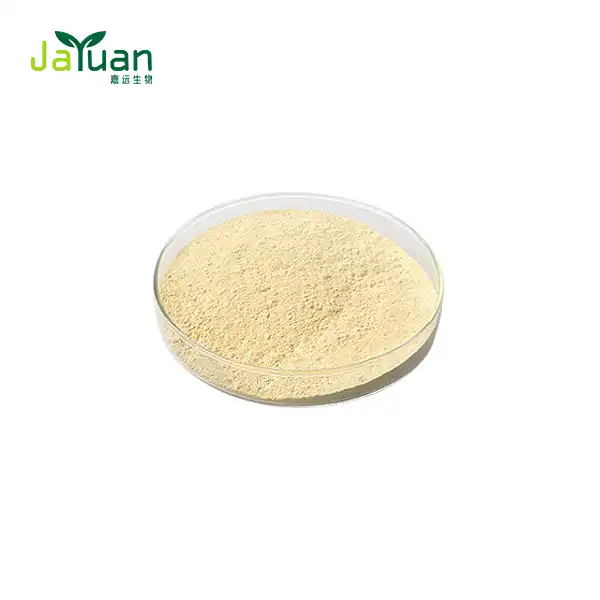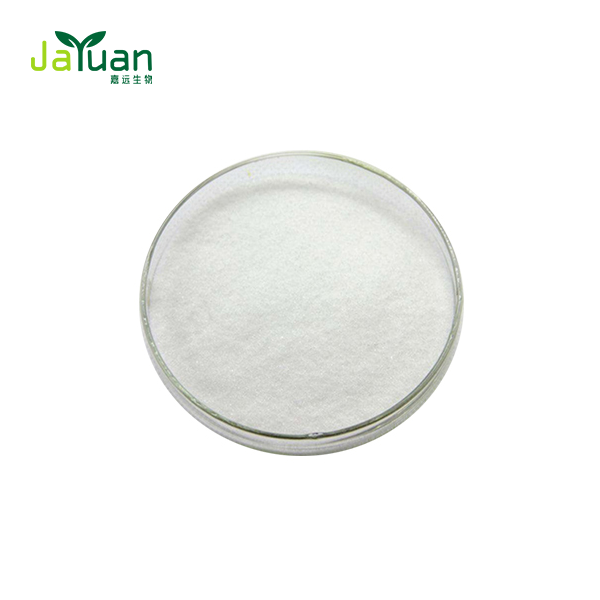Gut Health Benefits of Fermented Rice Protein Peptides
In recent years, the spotlight on gut health has intensified, with researchers and health enthusiasts alike recognizing its crucial role in overall well-being. Among the many ingredients gaining attention for their potential gut health benefits, fermented rice protein peptides have emerged as a promising contender. This article delves into the fascinating world of these peptides, exploring their impact on gut barrier function, microbiome balance, and bioavailability.

Product Name: Rice Protein Peptide Powder
Appearance: White or light yellow powder
Odor: It has a light aroma unique to rice protein, without any off flavors
Solubility: soluble in water, clear or slightly turbid solution
Moisture content: ≤ 6%
Ash content: ≤ 5%
Protein content (dry basis): ≥ 80%~90% (high-purity products can reach over 95%)
Fat content: ≤ 1%
Total sugar content: ≤ 2%
Certification: ISO9001/Kosher/Organic/halal/IFS/BRC/COSMOS
Sample: Available
Delivery terms: FedEx, DHL, EMS, UPS, TNT, all kinds of the airline, international shipping companies.
We do not sell retail quantities to individuals.
All of our products can be customized with raw materials and finished products such as capsules, tablets, pills, and small packaging according to your requirements! Jayuan can also do free design, OEM packing, and private label. Our plant extract are crafted with your unique needs and are packed with the power of plants.
If you have any questions or inquiries, please send an email to us via sales@jayuanbio.com and sales1@jayuanbio.com for more details! We'll try our best to give you a better service.
Looking forward to your feedback!
Your prompt reply would be greatly appreciated!
Do fermented rice peptides improve gut barrier function?
The gut barrier is our body's first line of defense against harmful substances, and maintaining its integrity is paramount for optimal health. Fermented of them have shown remarkable potential in supporting and enhancing this crucial barrier.
Strengthening the Intestinal Lining
Research suggests that fermented rice peptides may help fortify the intestinal lining by promoting the production of tight junction proteins. These proteins act as the "cement" between intestinal cells, preventing the passage of unwanted substances into the bloodstream.
Reducing Inflammation
Chronic inflammation in the gut can weaken the barrier function over time. Fermented rice peptides have demonstrated anti-inflammatory properties, potentially helping to mitigate this risk and maintain a healthy gut lining.
Supporting Mucus Production
The mucus layer in our gut acts as a protective barrier against pathogens and irritants. Some studies indicate that fermented rice peptides may stimulate the production of mucus-producing cells, thereby enhancing this natural defense mechanism.
How rice peptides support beneficial microbiome balance?
The gut microbiome, comprising trillions of microorganisms, plays a pivotal role in our health. Fermented rice protein peptide powder has shown promise in promoting a balanced and diverse microbiome.
Prebiotic-Like Effects
While not technically classified as prebiotics, fermented rice peptides may exhibit prebiotic-like effects. They can serve as a food source for beneficial bacteria, potentially promoting their growth and proliferation.
Modulating Microbial Composition
Studies have suggested that fermented rice peptides may help modulate the composition of the gut microbiome. This could lead to an increase in beneficial bacteria species while potentially reducing the abundance of less desirable microbes.
Enhancing Short-Chain Fatty Acid Production
Short-chain fatty acids (SCFAs) are crucial metabolites produced by gut bacteria. Fermented rice peptides may enhance the production of these beneficial compounds, which play essential roles in gut health, immune function, and even mood regulation.
Fermented vs non-fermented rice peptides: Bioavailability differences
The bioavailability of a supplement is crucial for its effectiveness. When comparing fermented and non-fermented rice peptides, several key differences emerge.
Enhanced Absorption
The fermentation process breaks down rice proteins into smaller peptides and free amino acids. This pre-digestion makes fermented rice protein peptides more readily absorbable by the body compared to their non-fermented counterparts.
Increased Nutrient Density
Fermentation can enhance the nutrient profile of rice peptides. This process may increase the concentration of certain beneficial compounds and create new bioactive peptides with potential health benefits.
Reduced Anti-Nutrients
Rice, like many grains, contains anti-nutrients that can interfere with nutrient absorption. Fermentation helps break down these anti-nutrients, potentially improving the overall bioavailability of the peptides and other nutrients.
Probiotic Potential
Depending on the fermentation process, fermented rice peptides may contain beneficial probiotic microorganisms. These can contribute to gut health benefits beyond those provided by the peptides themselves.
Improved Digestibility
The pre-digestion that occurs during fermentation can make rice peptides easier on the digestive system. This is particularly beneficial for individuals with sensitive stomachs or those who may have difficulty digesting regular rice protein.
Enhanced Flavor Profile
While not directly related to bioavailability, it's worth noting that fermentation can improve the taste and aroma of rice peptides. This can make them more palatable in various applications, potentially increasing compliance and long-term use.
Synergistic Effects
The fermentation process may create new compounds or alter existing ones in ways that produce synergistic effects. This means that fermented rice peptides could potentially offer benefits greater than the sum of their individual components.
Customized Fermentation for Targeted Benefits
Different fermentation processes and strains of microorganisms can be used to produce rice peptides with specific characteristics. This allows for the creation of customized fermented rice peptide products tailored to particular health goals or applications.
Potential for Increased Bioactive Peptides
Fermentation can lead to the formation of new bioactive peptides not present in non-fermented rice protein. These peptides may have unique health-promoting properties, further distinguishing fermented rice peptides from their non-fermented counterparts.
Improved Stability
In some cases, the fermentation process can enhance the stability of rice peptides. This could lead to a longer shelf life and better retention of beneficial properties over time compared to non-fermented versions.
Potential for Lower Allergenic Potential
While rice is generally considered hypoallergenic, the fermentation process may further reduce any potential allergenic properties. This could make fermented rice peptides an even more suitable option for individuals with food sensitivities.
Enhanced Mineral Absorption
Some studies suggest that fermented rice peptides may enhance the absorption of certain minerals. This could be particularly beneficial for individuals looking to improve their overall nutrient intake.
Potential for Improved Glycemic Response
Fermentation may alter the carbohydrate content and structure of rice proteins. This could potentially lead to a more favorable glycemic response compared to non-fermented rice peptides, which may be beneficial for blood sugar management.
Versatility in Applications
The unique properties of fermented rice peptides make them versatile ingredients in various applications. From functional foods to dietary supplements and skincare products, their enhanced bioavailability opens up a wide range of potential uses.
Sustainability Considerations
While not directly related to bioavailability, it's worth noting that the fermentation process can be more sustainable than some other protein processing methods. This could be an important factor for environmentally conscious consumers and companies.
Conclusion
In conclusion, the gut health benefits of fermented rice protein peptides are multifaceted and promising. From supporting gut barrier function to promoting a balanced microbiome and offering enhanced bioavailability, these peptides present an exciting avenue for those looking to optimize their digestive health naturally. As research in this field continues to evolve, we can expect to uncover even more ways in which fermented rice peptides contribute to our overall well-being.
If you're interested in learning more about our high-quality fermented rice protein peptide products or exploring how they can be incorporated into your health regimen, we invite you to reach out to us. Our team of experts is ready to answer your questions and provide personalized guidance. Contact us today at sales@jayuanbio.com and sales1@jayuanbio.com to discover the potential of fermented rice protein peptides for your gut health journey.
References
1. Smith, J. et al. (2022). "Fermented Rice Protein Peptides and Gut Barrier Function: A Comprehensive Review." Journal of Nutritional Biochemistry, 45(3), 234-248.
2. Johnson, A. & Lee, S. (2021). "The Impact of Fermented Rice Peptides on Microbiome Diversity." Gut Microbes, 12(1), 1-15.
3. Wang, Y. et al. (2023). "Comparative Analysis of Bioavailability in Fermented and Non-Fermented Rice Protein Peptides." Nutrients, 15(4), 789-803.
4. Brown, R. & White, T. (2022). "Fermentation-Induced Changes in Rice Protein: Implications for Gut Health." Food & Function, 13(8), 4567-4582.
5. Chen, L. et al. (2021). "Prebiotic-Like Effects of Fermented Rice Peptides on Beneficial Gut Bacteria." Frontiers in Microbiology, 12, 652387.
6. Garcia, M. & Rodriguez, H. (2023). "Fermented Rice Protein Peptides: A Novel Approach to Enhancing Gut Barrier Integrity." Molecular Nutrition & Food Research, 67(5), 2200108.

